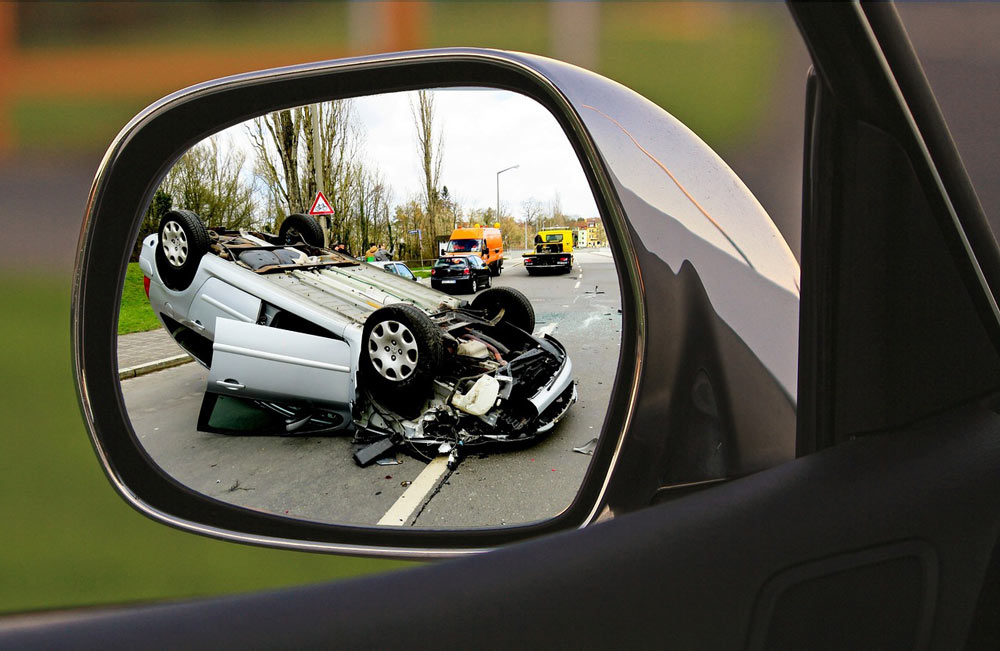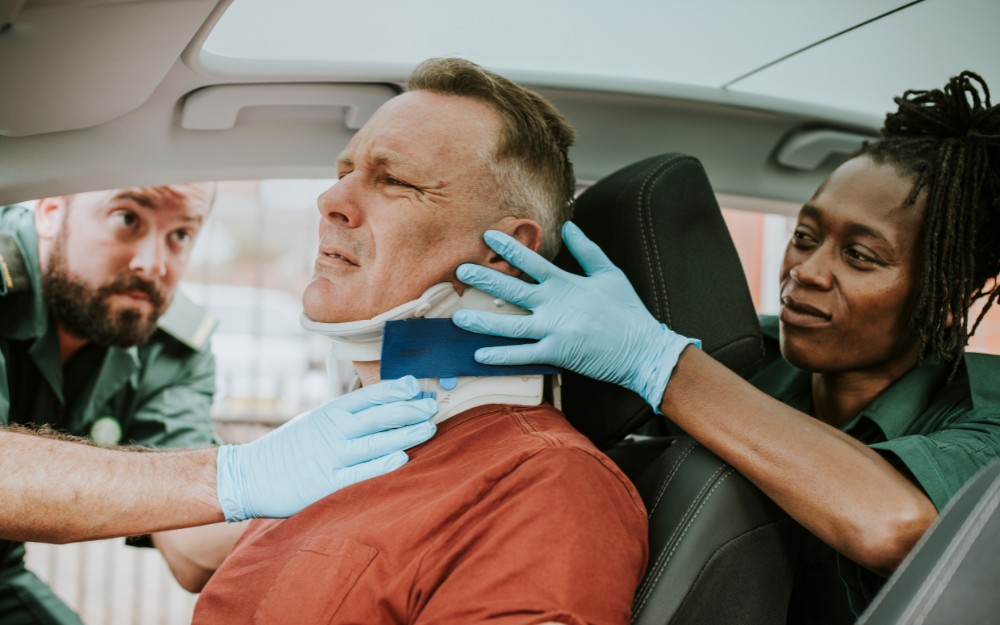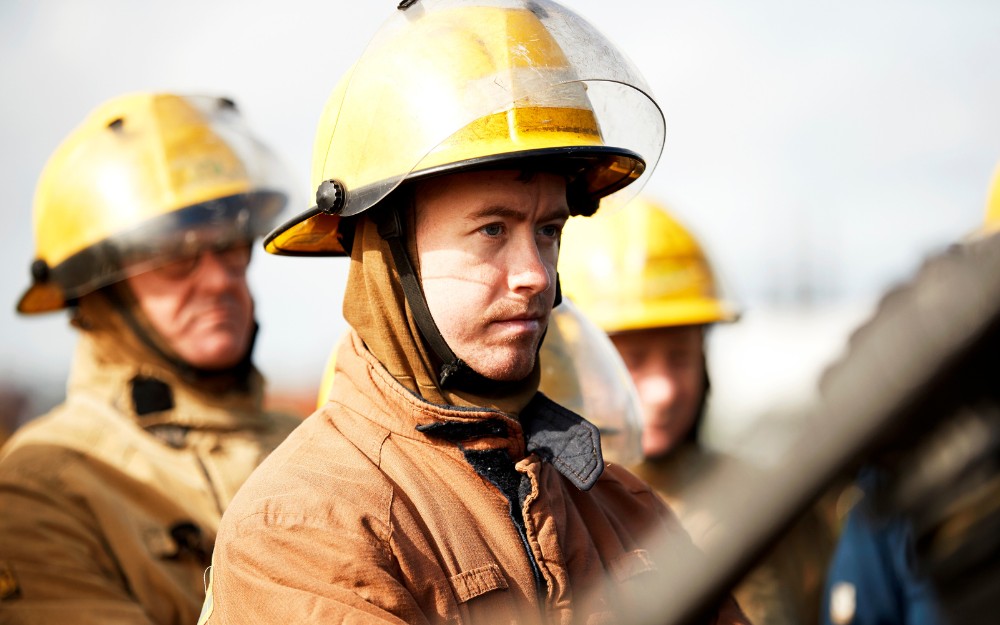Compensation is Available for Fatal Car Accidents
Car accidents are undoubtedly tragic events which claim many lives on our roads every year. In New South Wales alone during 2017 there were over 12,000 car crashes and 407 fatalities.
The death of a loved one in such circumstances is an emotional and traumatic time for any family. Thankfully, compensation is accessible for eligible families to help deal with the trauma of the experience. There are many factors that determine what sort of compensation might be available in the case of a loved one’s road death. Primarily, these centre on your relationship to the deceased and who was at fault during the accident, as discussed in further detail below.
Who is eligible for compensation?
Often, immediate family members of the deceased are eligible for compensation following the death of a family member. The deceased’s parents, siblings, children and spouse or de facto partner are usually entitled to compensation. Compensation can cover not only fatal car accidents but also other collision accidents involving motorbikes, bicycles, boats, trains, planes or other motor vehicles.
Who was at fault?
In scenarios where the deceased was not at fault in the accident that caused their death, they are eligible to receive compensation. This eligibility applies not only to the driver of the vehicle, but also to pedestrians or passengers involved in the accident.
In circumstances where the deceased was partly at fault, compensation is still available but the pay-out is generally lower. If the deceased was fully at fault in causing the accident, then surviving family members will unlikely be able to claim compensation. Some scenarios in which either of these situations can arise, as well as scenarios where pedestrians or passengers may be found guilty of causing the accident and thus are unable to claim compensation, include:
- Failing to wear a seat belt;
- exceeding the legal speed limit;
- failing to follow pedestrian road rules;
- driving while under the influence of alcohol;
- driving while under the influence of drugs;
- travelling in a car where the deceased was aware that the driver was under the influence of alcohol or drugs, or the deceased was aware that the driver’s ability to operate the vehicle was compromised;
- distracting the driver;
- assaulting the driver;
- crossing the road in a reckless manner.
When the fatal accident is a blameless accident – that is, nobody in particular can be held at fault – compensation can still be awarded. Examples of this situation include:
- Accidents caused by animals;
- accidents caused by falling trees;
- accidents caused by sudden illness, such as a seizure or a heart attack.
The only time that one might not be entitled to receive compensation in one of these blameless accident scenarios is when the accident is caused by the deceased suffering from a sudden illness.
If the deceased victim was under the age of 16 and a resident of New South Wales at the time of the accident, compensation may be claimed on the child’s behalf, regardless of who was at fault.
Receiving compensation and the requirements to do so
To be able to file a compensation claim, there are a number of steps that need to be undertaken. The first is that the accident must be reported to the police. It is also important that an event number is received. Following this, the registration number of the motor vehicle that prompted the accident must be obtained. The CTP insurance company of the motor vehicle responsible for the accident must also be noted. If the registration number or insurance details cannot be located, it is acceptable to make enquiries for these details from the police, and also seek out any witnesses to the accident. Records such as expenses (hospital records, medical expenses, funeral expenses, etc.) and other related documents and receipts should also be kept in order to file an accurate claim. In instances where the accident was caused by a hit and run, compensation is still eligible under the Nominal Defence Scheme.
The types of compensation that may be available includes:
- Medical and hospital expenses prior to the death;
- funeral expenses and cremation expenses;
- loss of financial support that the deceased would have provided to their children or other relatives prior to their death;
- loss of services, such as the care the deceased would have provided to dependant children;
- loss of earnings prior to the death;
- nervous shock – psychological conditions such as severe stress or anxiety resulting from the news of the death, or witnessing the accident.
Compensation claims are paid by the insurers of the driver and/or owner of the car that caused the accident because all car owners within Australia are required to pay Compulsory Third Party (CPI) Insurance.
Time limitations and conclusion
Compensation claims must be made as soon as possible, regardless of the tough time that families might be going through. Once compensation is secured, it will be easier to focus on caring for family and making necessary arrangements through this difficult time. Legal advice from car accident lawyers Perth should be sought if you or a loved one is involved in a serious car accident in order to know your rights and quickly ascertain what types of compensation may be available to you.
To learn more about compensation claims, contact us at Parramatta, Cabramatta, Perth, and Adelaide Compensation lawyers team today.






